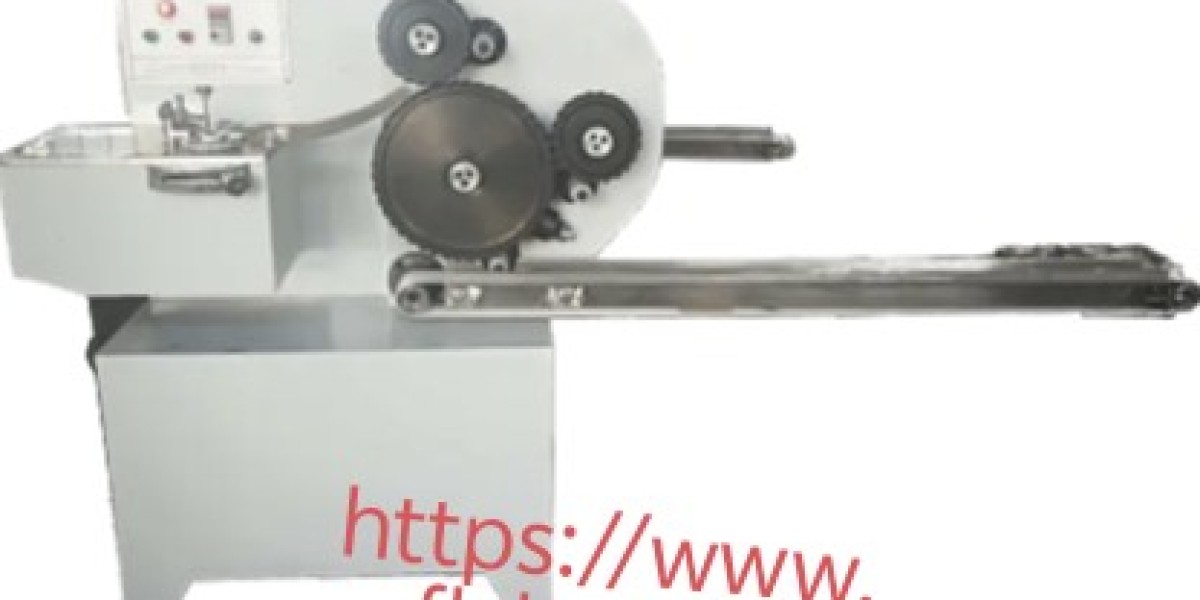Improving Candy Production with a Spoon Candy Machine
A spoon candy machine is an essential piece of equipment in modern confectionery production, especially for creating molded candy with spoon shapes. As demand for novelty candies continues to grow, manufacturers are exploring innovative machines that deliver high efficiency, precise shaping, and consistent quality. This machine offers a tailored solution for companies looking to produce spoon-shaped candies in various flavors and textures.
Unlike traditional candy molds that require manual handling, the spoon candy machine automates the forming process, allowing for higher productivity and reduced labor costs. It molds the candy mass into spoon shapes with consistent size and finish, ensuring a uniform appearance across every batch. This level of consistency is crucial in maintaining product standards and enhancing visual appeal for consumers.
The machine's ability to handle different candy materials—whether it’s milk-based, fruit-flavored, or filled candy mixtures—adds flexibility to production lines. A spoon candy machine typically supports a high output rate, making it suitable for both small-scale specialty runs and large-scale industrial manufacturing. The output speed can be adjusted depending on the desired product size and production needs, giving manufacturers better control over their operations.
Ease of operation is another notable advantage. With a user-friendly interface, operators can set parameters such as temperature, molding speed, and cooling time to match specific recipes. This adaptability enables candy producers to respond quickly to market trends or seasonal demands without extensive equipment changes.
Moreover, hygiene and food safety are integral aspects of candy production. Spoon candy machines are generally constructed from stainless steel and food-grade materials, which make them easy to clean and maintain. Their design often allows for quick disassembly, which reduces downtime between production cycles and ensures compliance with safety regulations.
For businesses focusing on brand differentiation, spoon-shaped candies offer a unique selling point. The final product can be designed in various colors, textures, or flavors to appeal to different customer segments. Some spoon candies are even functional—used to stir hot drinks or served as edible party favors—opening new possibilities in product innovation. The spoon candy machine enables manufacturers to realize these creative concepts in a reliable and repeatable manner.
In terms of production integration, this type of forming machine can often be combined with other candy-making systems, such as mixing tanks, depositing units, and packaging machines. This compatibility allows for a continuous production line, improving operational flow and reducing manual transitions between processes. Integration also supports digital monitoring, which helps detect and resolve issues promptly to avoid production delays.
Energy efficiency is an added consideration. Modern spoon candy machines are built to optimize energy consumption while maintaining stable operation. With programmable controls, power usage can be minimized during idle times or low-speed runs. This contributes to cost savings and aligns with environmentally responsible manufacturing practices.
When choosing a spoon candy machine, manufacturers evaluate several factors, including mold type, output rate, maintenance requirements, and compatibility with existing equipment. A machine that meets current demands and offers room for future scaling provides long-term value and flexibility. Working with experienced engineers to configure the machine setup ensures smoother implementation and fewer interruptions.
As confectionery markets continue to evolve, investing in specialized machinery like a spoon candy machine becomes a strategic step. It allows producers to explore niche products, differentiate their offerings, and respond swiftly to shifting consumer preferences. Whether for novelty items, promotional treats, or functional candies, spoon-shaped products present a unique opportunity—and the right equipment is the foundation for delivering them effectively.








